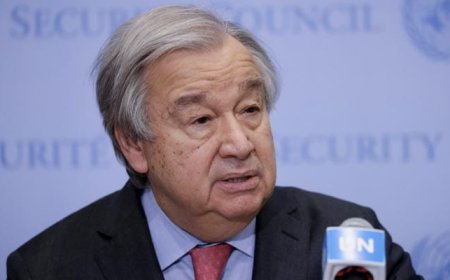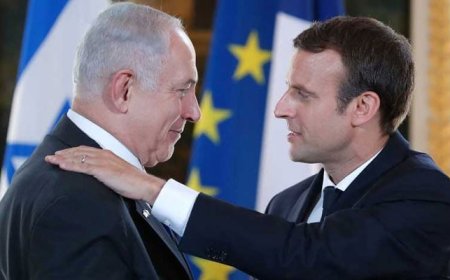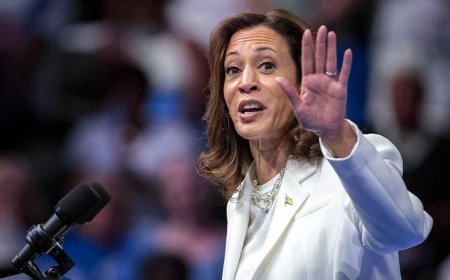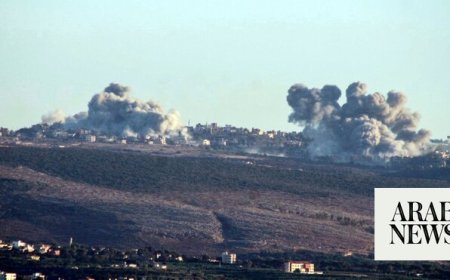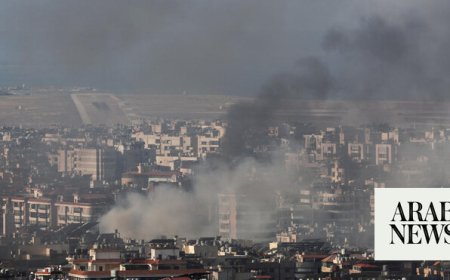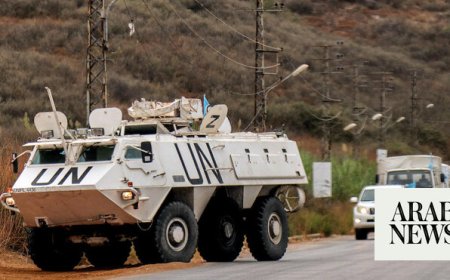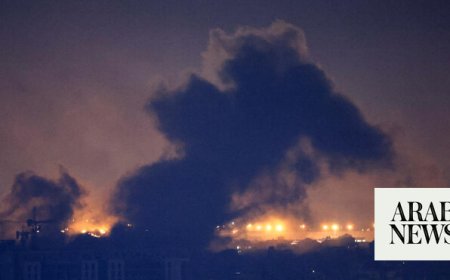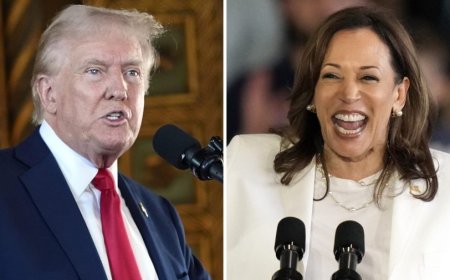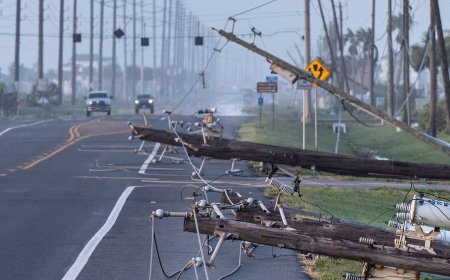Biden joins leaders from Egypt, Qatar in urging Gaza cease-fire, hostage release deal
President Biden on Thursday joined Egyptian President Abdel Fattah al-Sisi and Qatari leader Sheikh Tamim bin Hamad Al Thani in urging Israel and Hamas to agree to a cease-fire and hostage-release deal that is on the table and increasingly close to the finish line. In a statement, the leaders said it was "time to bring...
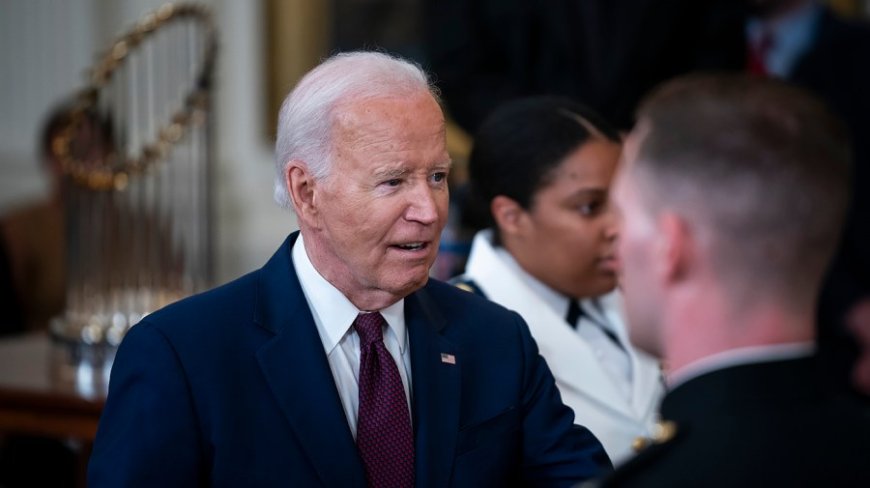
President Biden on Thursday joined Egyptian President Abdel Fattah al-Sisi and Qatari leader Sheikh Tamim bin Hamad Al Thani in urging Israel and Hamas to agree to a cease-fire and hostage-release deal that is on the table and increasingly close to the finish line.
In a statement, the leaders said it was "time to bring immediate relief both to the long-suffering people of Gaza as well as the long-suffering hostages and their families."
"The time has come to conclude the cease-fire and hostages and detainees release deal," the leaders said. "The three of us and our teams have worked tirelessly over many months to forge a framework agreement that is now on the table with only the details of implementation left to conclude."
"There is no further time to waste nor excuses from any party for further delay," they added. "It is time to release the hostages, begin the cease-fire, and implement this agreement."
The leaders also pushed for a resumption of talks in Doha or Cairo beginning on Aug. 15, and said they were "prepared to present a final bridging proposal that resolves the remaining implementation issues in a manner that meets the expectations of all parties."
While the U.S. has for several weeks hinted that the talks are in their final stages, officials have admitted there are still key implementation details that need to be worked out.
A senior U.S. administration official said Thursday that Biden had phone calls with al-Sisi and Sheikh Tamim this week about the hostage and cease-fire deal that framed the need for a joint statement.
"A statement from three leaders is unusual, but it's significant," the official said. "These three leaders have been involved in this hostage negotiation, cease-fire agreement negotiation now for some months, and as the statement says, there's a framework agreement that is on the table with really the details of implementation that are left to conclude."
While there is still some work to do and an agreement next week is not anticipated, the remaining details of the proposal are related to the "sequencing of the exchange" and can be bridged, the official added.
"The bulk of the work has been done, and the deal is really there, and with some force of will and sitting down to hash it out, we think it is both possible [and] urgent," the person added.
The cease-fire and hostage-release deal is built on a proposal from Biden in May that would see the most vulnerable hostages exchanged for Palestinian prisoners and a temporary cease-fire, along with an Israeli withdrawal from densely populated areas of Gaza.
A cease-fire would last so long as negotiations continue between both parties to reach an end to the war and release the remaining hostages.
Hamas holds some 115 hostages in Gaza, where Israel is fighting to free them in a war that has killed more than 39,000 Palestinians.
Israel also seeks the destruction of Hamas after the Palestinian militant group invaded southern Israel on Oct. 7, killing some 1,200 people and taking roughly 250 hostages. Some 105 hostages were freed in a brief November truce.
The cease-fire and hostage-release deal recently hit a snag with Israeli Prime Minister Benjamin Netanyahu, who has sent in more demands that appear to be complicating the talks.
Netanyahu has been accused of prolonging the war in Gaza for his own political survival as he faces questions at home about security failures on Oct. 7, along with domestic troubles. Still, he has faced mounting pressure from Israeli citizens and the families of the hostages to reach a deal.
The negotiations are reaching a critical phase as tensions soar in the Middle East following the death of a top Hezbollah commander in Lebanon last week from an Israeli strike. Iran has also blamed Israel for killing top Hamas leader Ismail Haniyeh in Tehran.
Both Iran and its proxy Hezbollah have vowed to respond to Israel, which is bracing for an attack expected any day. The U.S. has moved additional assets to the Middle East in anticipation, including the USS Abraham Lincoln carrier strike group, which will relieve the USS Theodore Roosevelt. The Pentagon has also moved to the region a squadron of F-22 Raptor fighter jets.
What's Your Reaction?




















